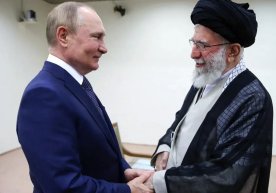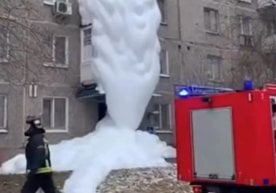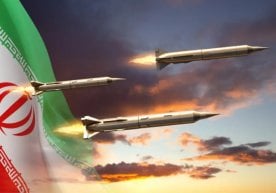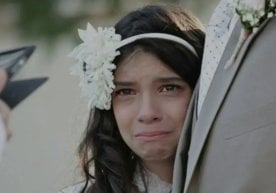Dangerous signal for global health: The Israel‑Iran confrontation shakes the entire region
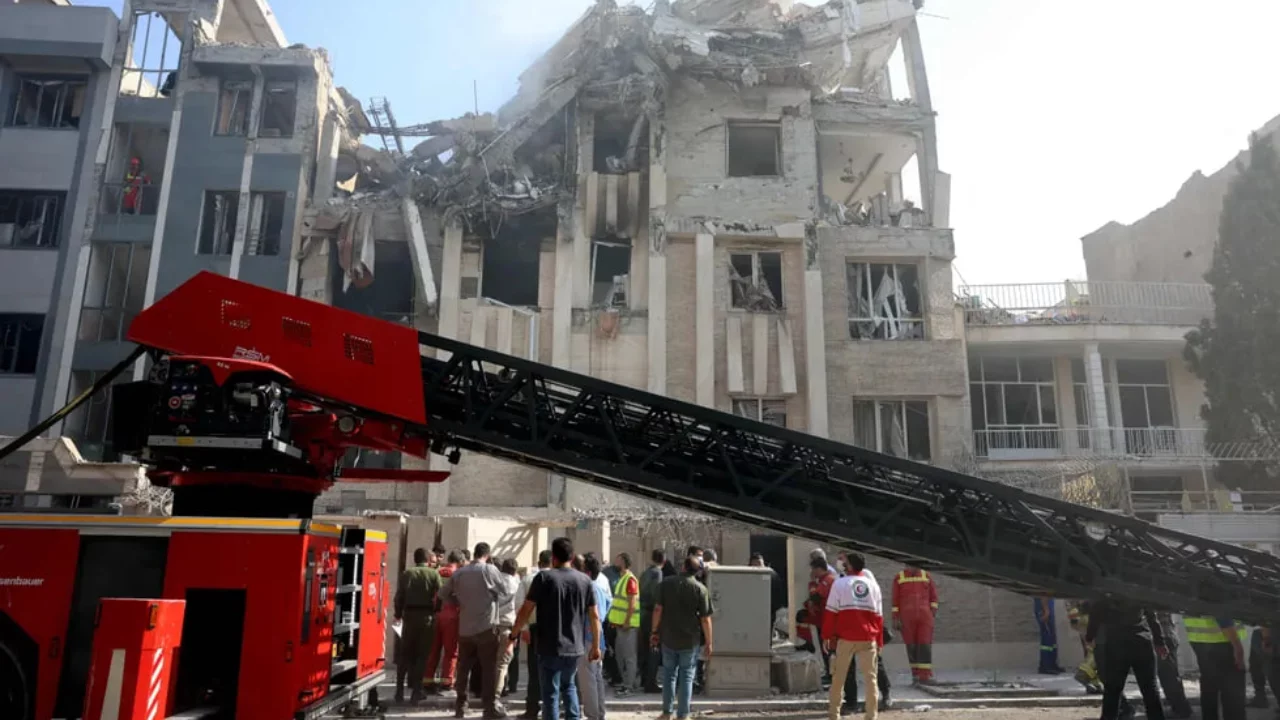
In the early hours leading into June 13, Israel launched a series of large-scale military strikes on Iranian territory. The main targets of the attack were uranium enrichment centers, ballistic missile bases, leaders of the Islamic Revolutionary Guard Corps, as well as key nuclear scientists. As a result of this extensive and well-synchronized operation, prominent specialists in the nuclear program, including Abdolhamid Manouchehr, Ahmadreza Zolfaqari, and others, were confirmed killed.
According to Reuters, at least 20 high-ranking military officials and scientists were eliminated in these strikes. Israeli fighter jets specifically struck a center where commanders of the IRGC’s Aerospace Forces were gathered. As a result, leaders such as Amir Ali Hojizoda, Tahir Pour, and Dawood Shaykhiyon were killed.
Israeli intelligence reports that the main uranium enrichment facility in Natanz was completely destroyed. The installations in Bushehr and Fordow remained unharmed. However, the strikes also reached some residential areas in Tehran. Fifty people were wounded, of whom 35 were women and children.
According to the Iranian Red Crescent, nearly 100 civilians were affected across 12 provinces. Ninety-five of them were hospitalized, and one rescue worker died. The operations involved over 200 fighter aircraft, reportedly using a total of 330 rockets and bombs, with more than 100 targets struck.
In response, Iran launched hundreds of drones. These were intercepted before reaching Israeli airspace, with assistance from the US, UK, and Jordan in Iraqi and Syrian skies. So far, Iran has not deployed ballistic missiles. The Israeli government canceled bomb-shelter orders.
Israeli Prime Minister Benjamin Netanyahu described the operation as “very successful.” However, he emphasized that every war has its price, urging the public to be mentally prepared, to stay close to shelters, and to stock necessary food supplies.
Israel closed its airspace to civilian flights. Local airlines began rerouting flights to Europe. In addition, Shabbat services in synagogues were suspended. Security measures for Jewish communities were tightened. The National Security Staff advised Israeli citizens abroad to avoid openly displaying Jewish symbols.
US officials confirmed that Washington did not participate in the Israeli operation. Secretary of State Marco Rubio stated they were aware of the operation but only focused on protecting their own forces. Donald Trump described the strike as “not a surprise” and called on Iran to return to the negotiating table.
Iran views these strikes as proof that it needs to further strengthen its nuclear program and missile capabilities. Official Tehran adopted a firmer stance on its nuclear rights. Foreign Minister Abbas Araqchi claimed the US was behind the Israeli attack. Supreme Leader Ali Khamenei stated that Israel would face severe punishment.
The international community has called on all parties to exercise restraint. UN Secretary-General António Guterres, along with officials from Russia, the UK, France, and China, stressed the need to avoid further escalation. Turkey, Saudi Arabia, and Oman strongly condemned Israel’s actions.
This escalation places regional stability at serious risk. The extent to which further strikes and retaliations will unfold remains uncertain. But one thing is clear — the Middle East has entered another dangerous phase. Read “Zamin” on Telegram!
Ctrl
Enter
Found a mistake?
Select the phrase and press Ctrl+Enter 

















